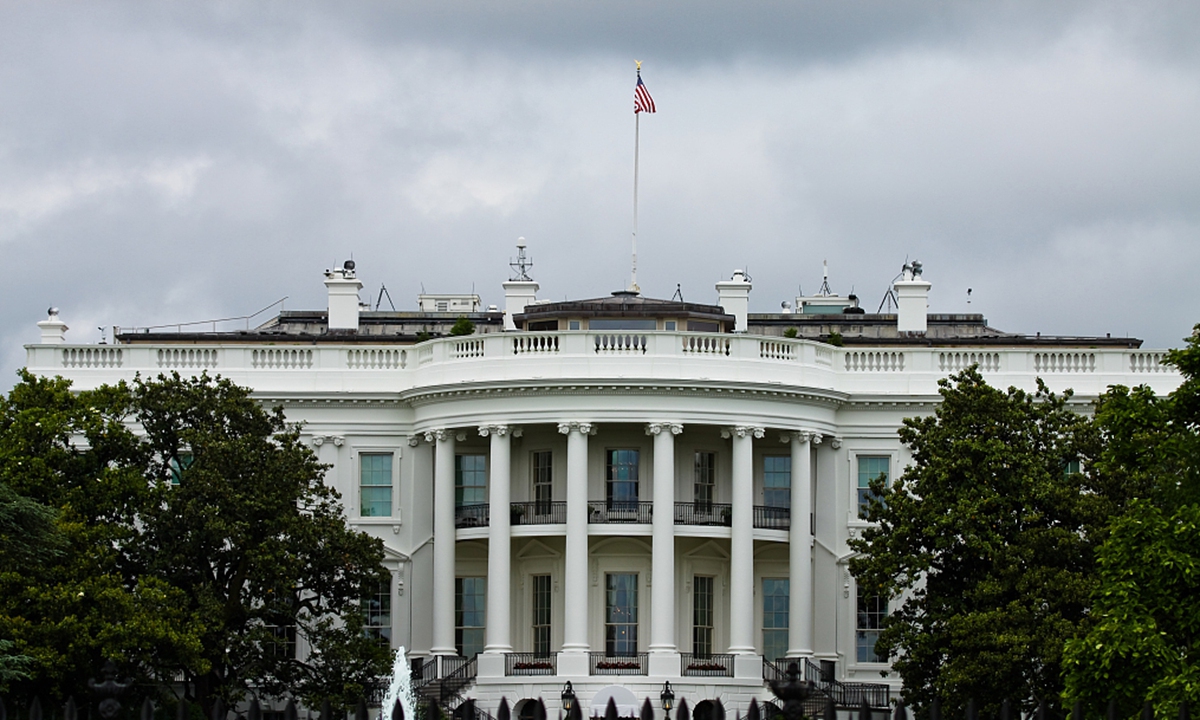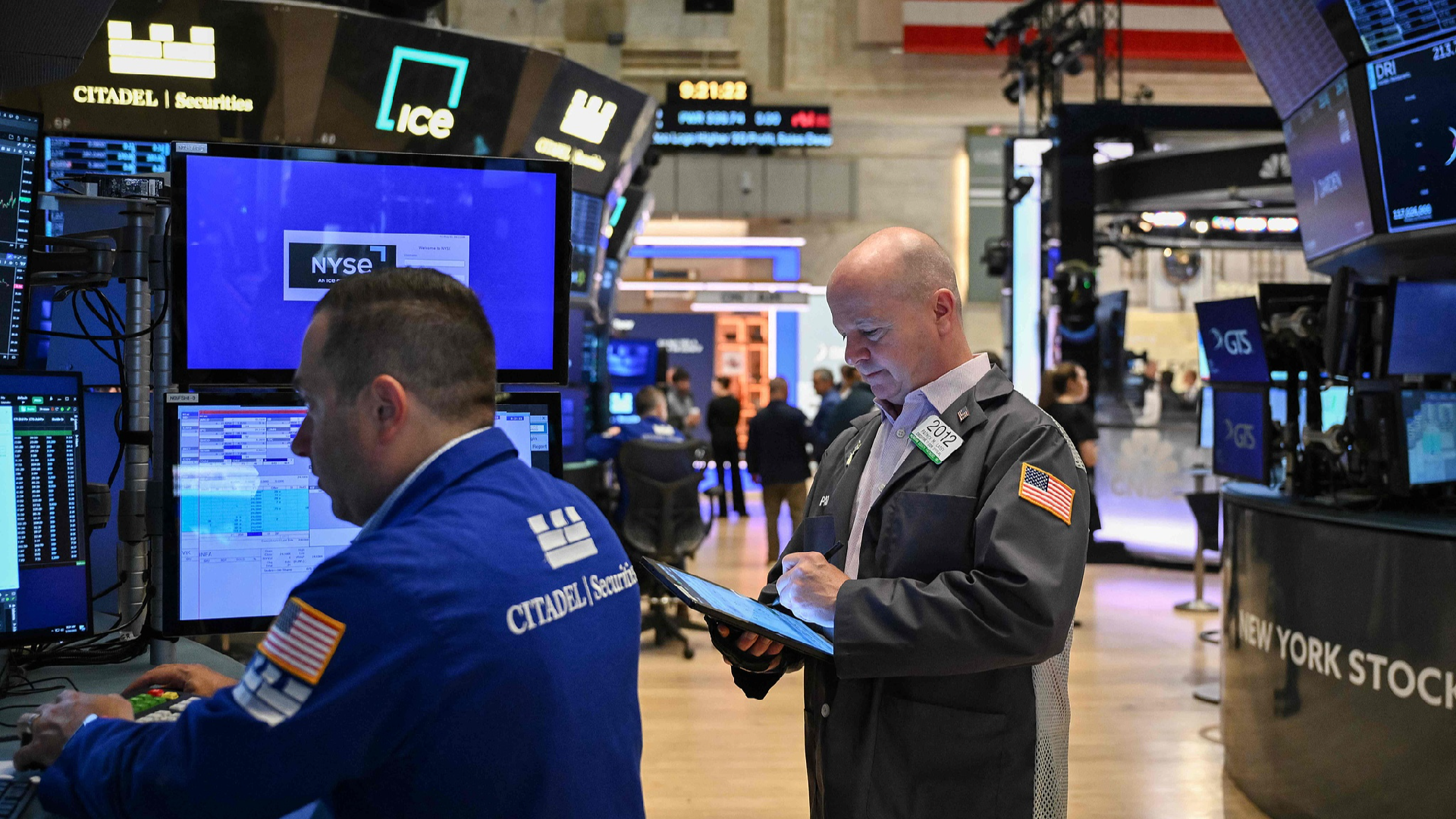Starbucks Boosts Hospitality to Counter Sales Slump

The recent announcement from Starbucks regarding its 'Green Apron Service' strategy marks a significant pivot towards enhancing customer experience amid a challenging sales environment. As evident from their latest earnings report, same-store sales have dwindled for six consecutive quarters, prompting the company to double down on hospitality—a core aspect of its brand identity often overshadowed by the emphasis on speed and digital transactions. While the broader coffee market evolves with value offerings and novelty beverages, Starbucks is reshaping the consumer interaction approach, positioning itself to better connect with customers at the point of sale. This strategy is particularly relevant in a consumer climate increasingly marked by price sensitivity and brand loyalty fatigue.
Data reveals that digital orders constitute more than 30% of Starbucks' sales, which indubitably reflects modern consumer preferences but also poses a risk of diminishing in-person engagement. The 'Green Apron Service' seeks to address this by implementing measures to enrich the customer experience, featuring friendly interactions and ensuring that customers not only receive their coffee but feel valued and connected with the Starbucks brand. The initiative is reportedly the largest investment Starbucks has made in its store employees, with a commitment of over $500 million in labor hours dedicated to this hospitality push. Such extensive investment indicates a recognition of the fundamental role that engaged employees play in delivering exceptional customer experiences—a theme echoed in many successful industries across various economic climates.
However, the question arises: in placing a renewed focus on hospitality, will Starbucks risk sidelining the operational efficiencies that have become hallmarks of contemporary business practices? As the company introduces Smart Queue technology to optimize staffing, aligning human touch with efficiency, the balance between warmth and speed is critical. Early pilot program results indicate that 80% of in-store orders meet the ambitious four-minute service goal, which underscores the need for consistency. Yet, it is imperative to remain cautious; as history exhibits, prioritizing rapid service can inadvertently lead to lapses in personal connection—a misstep reminiscent of the dot-com bubble where user experience took a back seat to rapid scalability.
Investors should remain vigilant about the outcomes of this strategy. The initial uptick in Starbucks stock, despite declining sales, reflects a degree of confidence in CEO Brian Niccol's turnaround plan. However, the sustainability of this confidence hinges on tangible performance improvements in customer experience metrics and meaningful financial recovery. Moving forward, successful execution of the 'Green Apron Service' must translate into not just qualitative gains for customer sentiment but also tangible, data-driven results in foot traffic and sales conversion. The volatility synonymous with retail markets necessitates that Starbucks not only re-engages its current customer base but also adapts to the shifting sands of consumer behavior and preferences.
In concluding remarks, while Starbucks' hospitality-focused strategy may seem like a nostalgic return to its roots, it is a necessary evolution aimed at capturing the competitive retail landscape. Engaging customers on a personal level while keeping up with technological advancements presents a dual challenge but also a ripe opportunity for innovation. As Starbucks embarks on this journey, monitoring economic indicators such as consumer spending trends and competitor movements will be vital in informing its next strategic maneuvers.
Read These Next

Taiwan Faces Sarcasm as US 20 Percent Tariff Squeezes Economy
The White House's 20% tariff on Taiwan exports stirs debate, sparking concerns over economic stability and competitiveness.

Stability in Share Capital: Implications of Unchanged Equity
The annual report indicates a period of stability in share capital, revealing unchanged figures and compliance with regulations, while raising questions about potential stagnation and market engagement.

US Stocks Slip as Trump Tariff Deadline Approaches
US stocks fell on Aug 1, 2025, amid tariff concerns from Trump, with the Dow and S&P 500 declining due to inflation worries.
